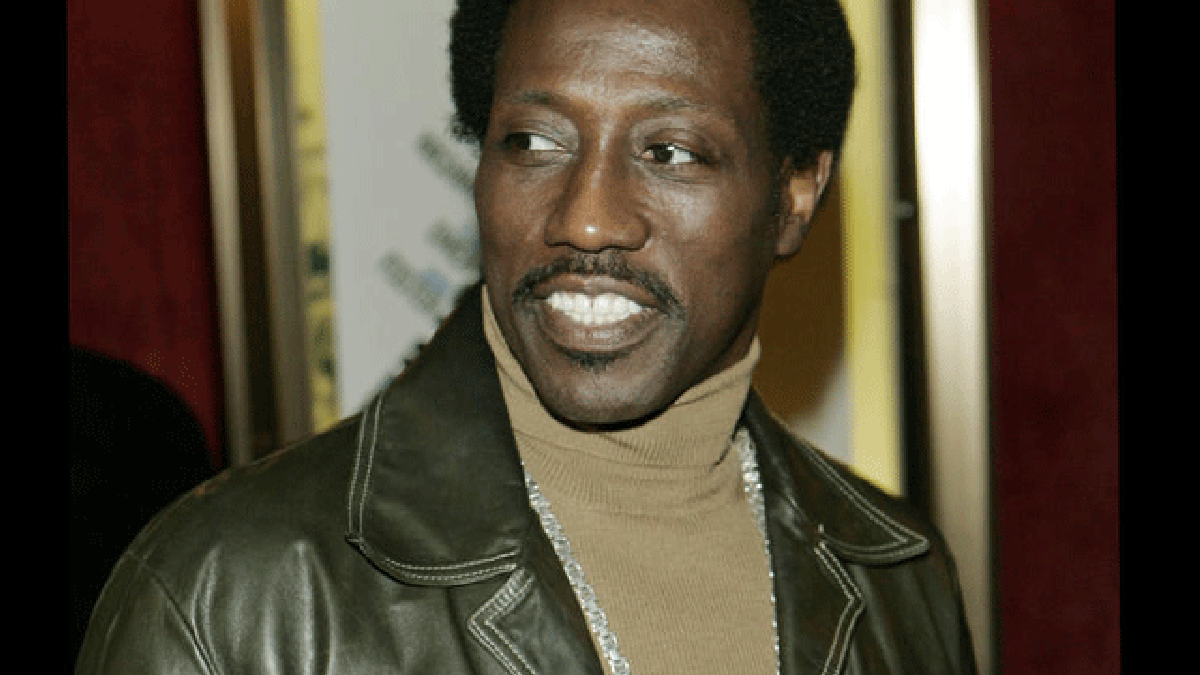
A jury convicted Snipes, above, in 2008 of three misdemeanor counts of willful failure to file his income tax returns. (AP)
A federal judge ordered actor Wesley Snipes to surrender to authorities Friday so he can begin serving a three-year prison sentence for tax-related crimes.
U.S. District Court Judge William Terrell Hodges in Ocala, Florida, rejected a request from the actor's attorneys to review Snipes' sentence and grant a new trial. Snipes has been free on bond for more than two years while appealing.
"The defendant Snipes had a fair trial; he has had a full, fair and thorough review of his conviction and sentence. ... The time has come for the judgment to be enforced," the judge wrote in his 16-page decision.
The 48-year-old star of the "Blade" trilogy and "Jungle Fever" was convicted in 2008 on three misdemeanor counts of willful failure to file his income tax returns. He was acquitted of two more serious felony charges.
The Federal Bureau of Prisons would not say where Snipes was to surrender until he was in custody, though inmates generally are placed within 500 miles (800 kilometers) of their residence, said spokesman Edmond Ross.
Snipes' defense attorney Daniel Meachum said in an e-mail to The Associated Press that he plans to file an appeal with the U.S. Supreme Court now.
Meachum said he didn't know when and where Snipes would report to prison.
"Wesley is very disappointed but staying strong and positive," Meachum said in a statement released after the decision.
Snipes' attorneys had argued at a hearing earlier this week that jurors should be interviewed about whether they had perjured themselves by stating during jury selection that they didn't have preconceived opinions about the case. Meachum said he had received e-mails from two former jurors who claimed other jurors thought Snipes was guilty even before the trial started.
Snipes' attorneys also claimed a new trial should be granted because of the testimony of Kenneth Starr, a former financial adviser to celebrities who admitted cheating wealthy and elderly clients out of tens of millions of dollars during a plea hearing last September in New York. Snipes' attorneys wanted to know if Internal Revenue Service agents working on the Snipes case also knew that Starr was under investigation.
The judge said that questioning jurors about their decision would compromise the privacy of jury deliberations. He also said that Starr was not being investigated at the time of Snipes' trial and that any inquiries would amount to "a fishing expedition."













































